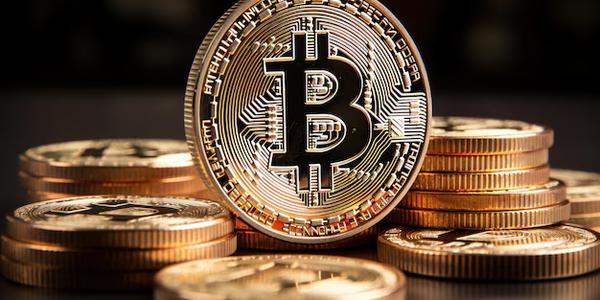As the global economy continues to navigate uncharted territories, a Hong Kong legislator is calling on the special administrative region to take advantage of China’s "one country, two systems" policy and include Bitcoin in its national reserve for financial security. Wu Jiexhuang, a member of Hong Kong’s Legislative Council, believes that studying the market impact of US-based spot Bitcoin exchange-traded funds (ETFs) could be a crucial step towards achieving this goal.
China’s Role in Ensuring Hong Kong’s Financial Stability
According to Jiexhuang, Hong Kong’s authorities should make good use of the "one country, two systems" policy and first try including Bitcoin in ETFs before further exploring ways to increase Hong Kong’s Bitcoin holdings. He pointed out that smaller nations such as El Salvador and Bhutan have successfully integrated Bitcoin into their strategic reserves, and certain US states are also following suit.
The Potential Benefits of Bitcoin for Hong Kong
Jiexhuang highlighted the potential of Bitcoin to attract talent and investment while reinforcing financial stability amid market fluctuations. He emphasized that holding Bitcoin as part of national reserves could mitigate disruptions caused by broader adoption in traditional markets, offering Hong Kong a first-mover advantage.
China’s Crypto Regulations: A Guide for Hong Kong
The report stated that Hong Kong’s Financial Services and the Treasury Bureau will formulate crypto regulations based on the "same business, same risks, same rules" philosophy. This approach aims to ensure that virtual assets are treated similarly to traditional financial instruments.
A Global Trend Towards Bitcoin Inclusion
Jiexhuang noted that major economic powers such as China are already taking steps to include Bitcoin in strategic reserves. He emphasized the potential benefits of this trend, stating:
If major economic powers take the initiative to include Bitcoin in strategic reserves, the value of Bitcoin will be more stable, causing more and more other countries to follow suit and reduce their holdings of traditional assets.
The Impact on Traditional Assets and Government Reserves
Jiexhuang added that this trend could have far-reaching consequences for traditional assets and government reserves:
This will result in the fall of the price of traditional assets and will shrink the government’s fiscal reserves holding traditional assets.
Hong Kong Regulators Bet Big on Bitcoin
According to the report, China currently holds 190,000 Bitcoin through various confiscation efforts, making its Bitcoin reserve second only to that of the United States. This significant holding demonstrates the potential for countries to benefit from including Bitcoin in their strategic reserves.
A Growing Interest in Bitcoin Integration in Hong Kong
In mid-2024, another Hong Kong Legislative Council member, Johnny Ng, announced plans to collaborate with various stakeholders to assess the feasibility and potential benefits of incorporating Bitcoin into the special administrative region’s financial reserves. Ng highlighted the increasing global awareness of Bitcoin, making it a crucial element in the discourse on digital assets and their integration into traditional financial systems.
A New Era for Digital Assets: From Speculation to Mainstream Adoption
As more countries and economies begin to recognize the potential benefits of Bitcoin, the landscape for digital assets is shifting from speculation to mainstream adoption. With growing interest in Bitcoin integration in Hong Kong, it will be interesting to see how this trend continues to unfold.
Explore More Articles Like This
Stay up-to-date on the latest developments in the world of finance and technology with our expert analysis and insights. From cryptocurrency regulation to blockchain adoption, we provide a comprehensive overview of the industry’s most pressing issues.
Subscribe to Our Newsletter
Get critical insights to spot investment opportunities, mitigate risks, and refine your trading strategies. Delivered every Monday, our newsletter provides a concise summary of the week’s top news stories and expert analysis.
By subscribing, you agree to our Terms of Service and Privacy Policy.




